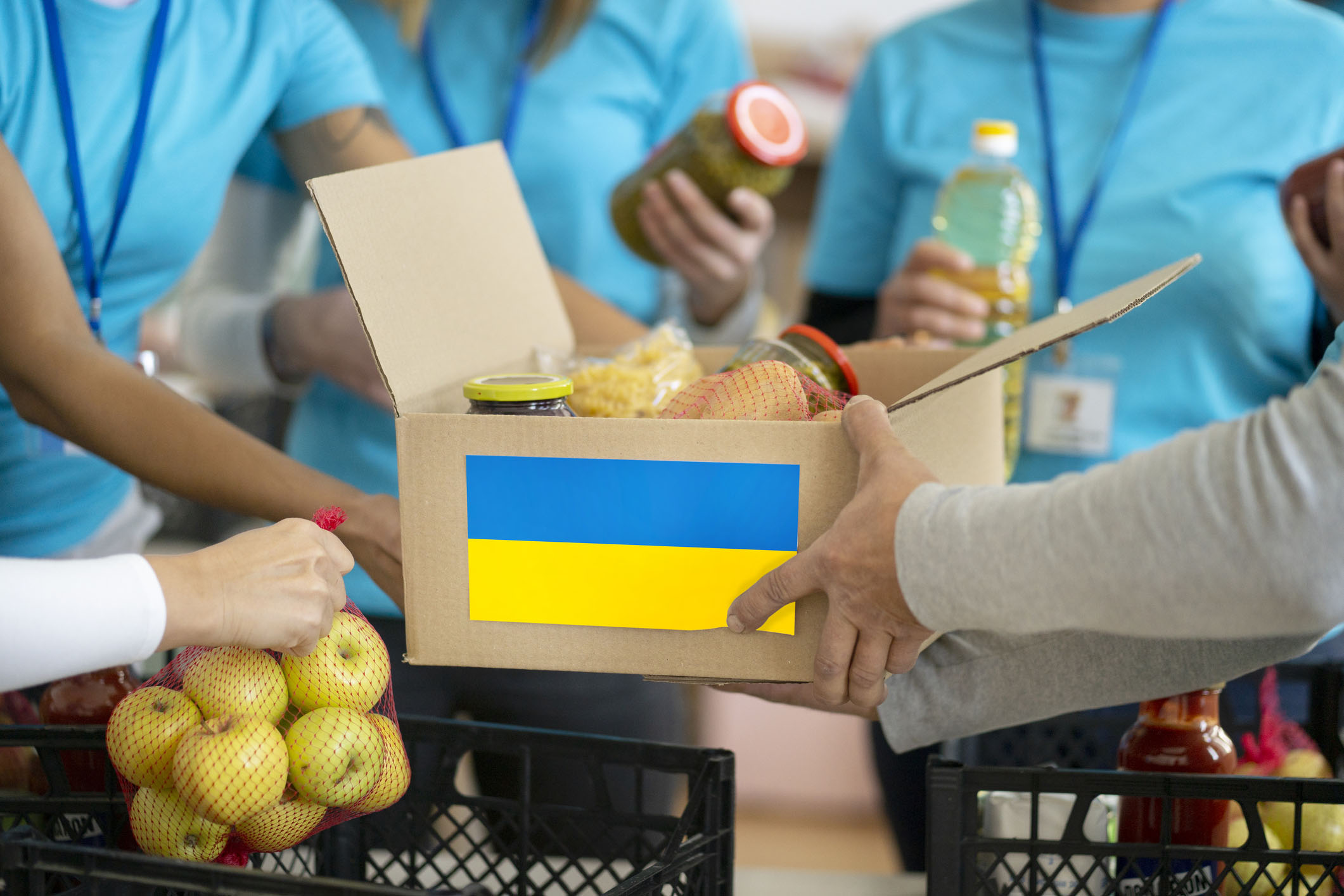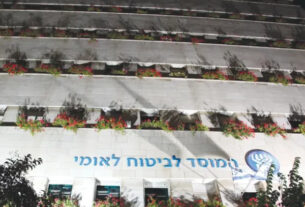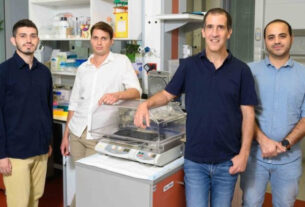My father (the rabbi) had invited the congregation to pray silently during the evening Rosh Hashanah service when my 9-year-old daughter leaned over and whispered. “Are you allowed to tell me what you are praying for? Or will it not come true, like birthday wishes?”
No, I can tell you, I replied. I am thinking about the hostages coming home.
Me too, she said, and I’m also trying to pray that I get the role of Ginny Weasley in the Harry Potter play.
She remained quiet a minute longer.
Then, again, she leaned over and muttered, “you know, it’s not going to come true. These wishes, no one is listening to us.”
“What do you mean?”, I asked, taken aback.
“Read this one. It’s obvious, no one is paying attention.”
I looked at her little finger pointing to the prayer “Avinu Malkeinu”, one of the holiest of all prayers.
“See: I don’t think God heard our voice. Honestly, no one did anything bad enough to deserve this past year. And if he did listen to us, don’t you think the hostages would be free now? And here it says: “make an end to sickness, war and famine.” Well, lots of people are sick, and aren’t getting better. There’s still a war in Ukraine. Remember that soldier we saw at the United Nations screening? He had no legs. There’s no end for him…And people are still hungry everywhere, I see them outside the 96th street subway all the time….Honestly, I don’t get this…”
She continued on.
“Give strength to your people Israel…. How strong are they supposed to be? This is not normal…”
Trying to catch my breath, I mustered up the courage to be real: “No, you’re right, it’s not normal. None of this is normal. And when I close my eyes and think about the hostages, honestly, I don’t think that God is going to release them. Instead, I think about what I can do to try to help them and their families. And I think about what each of us can do.”
One of her favorite phrases is: “everyone does things differently.” The kids must have learned it in pre-school, in the spirit of acceptance, open-mindedness and so on. They repeat it all the time. This phrase has been a slippery slope and it’s bothered me as there are some things that we should not be doing differently. An easy example: spelling. I’ve called out her spelling mistakes to which the reply has been: “No, Mom, everyone does things differently. You spell a word this way, and I spell it that way.” From there, the conversations have ensued about how certain facts, ideas and values are universal and, in these situations, there are not two sides to the story.
But back to Rosh Hashanah, where the phrase applies, in a certain way, to our conversation:
“I know how much you like saying “everyone does things differently…” Well, here’s a good one for you:
Papa, up on the bimah, he likes to pray. He finds comfort in the words that you think no one is listening to. I don’t, but as the values in Judaism are universal with space for everyone, I’m able to find something, within this beautiful tradition that propels me forward. It’s all about “tikkun olam” or “repairing the world.” It means that we all have a job to do – to help the world and the people in it to be better.
When I read that prayer and see the word “war,” like you, I think about Ukraine. From there, I start to brainstorm: perhaps we can donate money to Sasha’s organization which is rebuilding playgrounds in Ukraine. Maybe we should go to the Ukrainian Cultural Festival that’s happening next week in New York and show up to support the artists and authors because the Russians are attempting to destroy and erase their cultural heritage. Maybe we can check in on friends who have just moved to the United States from Kyiv and are having a hard time getting used to a new, daunting environment. All of these things help to make the world a better place.
This is my way of being Jewish. There are many ways and they’re all anchored in a certain universalism, history, value system and moral code. And this can guide your actions and how you choose to behave in the world.
Does that make more sense to you than the quiet prayer?
Yes, she nodded with more conviction than before.
Then she asked for a pen to start a list of how to help.
Mission accomplished.
Emily Hamilton is the Executive Director of Justice for Kurds and producer of three documentary films: “Why Ukraine,” “Slava Ukraini” and “Glory to the Heroes” by Bernard-Henri Lévy on the extraordinary resistance of Ukraine against the full-scale Russian invasion.




